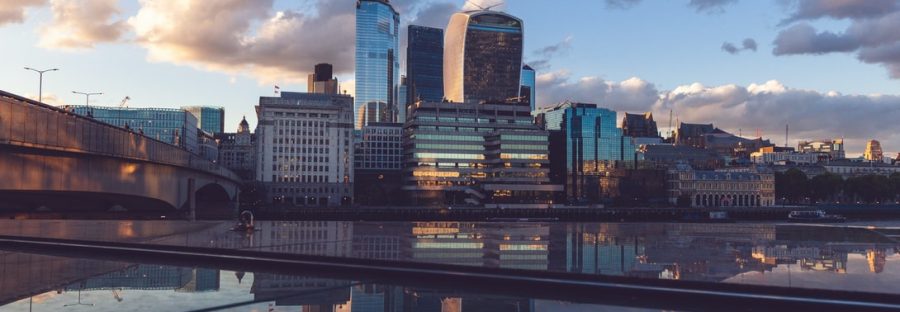Greater Manchester commits to ambitious plan of becoming carbon neutral by 2038
- Greater Manchester commits to carbon neutrality by 2038
- Improvements will be made to the city’s environmental and economic resilience
- Project to be funded by £3m grant
The proposals for a local energy market will see Greater Manchester’s 10 boroughs commit to increasing energy efficiency across the city-region and achieving carbon neutrality by 2038.
Improvements will be made to the city’s environmental and economic resilience, made achievable by introducing the energy infrastructure and grid capacity to support the use of lower carbon energies.
New technologies including numerous charging points will be needed to aid the growth of electric vehicles.
Cllr Andrew Western, GMCA Lead for the Green City-Region, said: “This is a genuinely innovative project to be pioneering here in Greater Manchester, and one that will be a key element of our carbon-neutral ambitions by 2038.
“We know that we need to not only reduce but also optimise our energy consumption. A localised system can be a more efficient and cost-effective one for residents and businesses.
“This is the smart way forward, and working together with our partners we can lay the groundwork for a low carbon future.”
Rob Saunders, Challenge Director, Prospering from the Energy Revolution, UKRI says: “The PEFR challenge aims to revolutionise energy delivery for consumers through new local smart systems, creating a modern energy supply that is clean, efficient and affordable. By doing this we can demonstrate that we can live low carbon lifestyles more conveniently and comfortably.”
The project was launched during a live Q&A session on Thursday, 24 September, as part of Greater Manchester’s Green Summit.
It will be funded by a three million pound grant from the Industrial Strategy Challenge fund and will run from July 2020 to June 2022.

Although the target of achieving carbon neutrality may seem infeasible – lowering the city’s energy use and generation is critical in the fight against climate change.
The Committee on Climate Change (CCC) called for the strengthening of energy networks to accommodate the electrification of heat and transport.
In its annual report this year they argued that reaching net-zero emissions “will require all energy to be delivered to consumers in zero-carbon forms”, including electricity, hydrogen, and heat networks.


